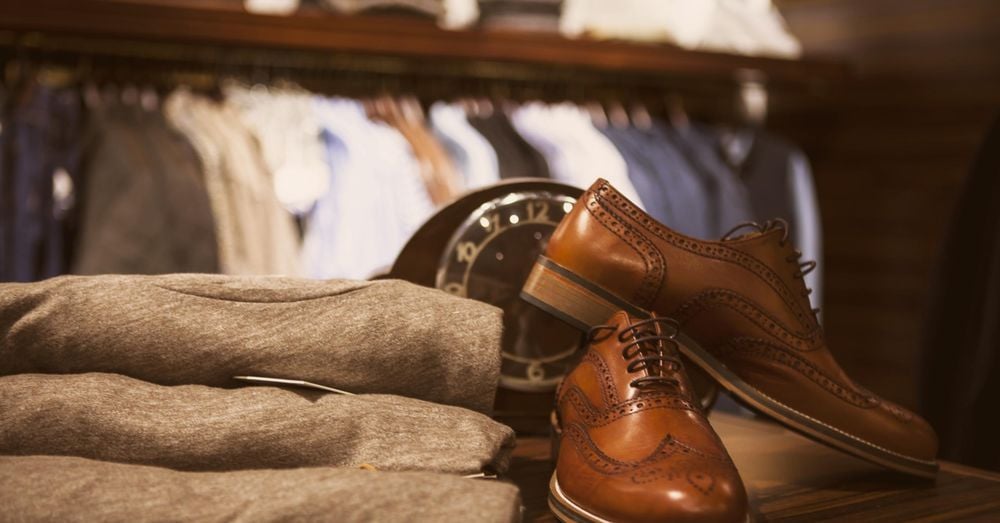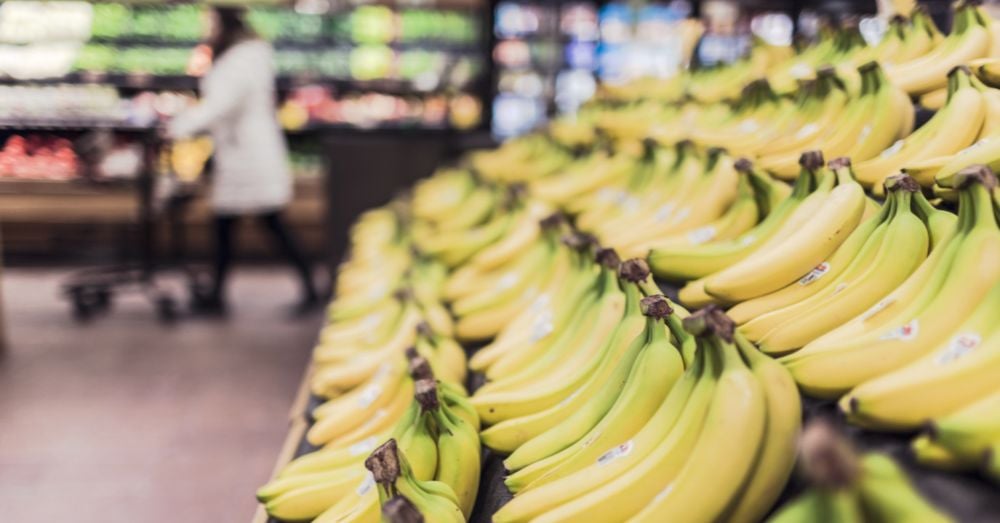
Online vs Physical Retail: What’s the state of NZ shopping?
6-minute read (8-minute listen)
Mark: Greg Harford is from Retail New Zealand . He joins us now. Hey, are you all doomed to put up the shutters and close up?
Greg Harford: Well, we represent the retail sector including some online retailers.
So I think the outlook for retail itself is positive, but it’s certainly, increasingly, customers are looking to transact online because it’s easy. It’s convenient. And in many cases, it’s cheaper for them to do so.
Mark: Okay. So you look after both sides of the coin.
Greg Harford: Absolutely. Retail is retail. Retail is about providing products for customers, and online is part of that mix in the 21st century, so we tend to embrace it.
Full Audio Interview (transcription below):
Mark: Yes, isn’t that part of it? Maybe it’s me. Maybe it’s generational. Because I think of retail, I think of shops. I think of stores. Where in fact, you’re quite right. Retail doesn’t have to be a store. It can be a website.
Greg Harford: That’s right. And there are increasing numbers of businesses, particularly small businesses, that are starting up in the retail market, and they are only a website.
There’s businesses right round New Zealand from sort of Whangarei down into South Island and heartland New Zealand. People are setting up, effectively, retail businesses, and selling online, and doing reasonably well out of that.
Mark: Yeah. Because I heard there’s an outfit called Container Door where you get enough people, you order a whole container of goods , which is a really smart idea because you’re never actually ordering stuff that isn’t going to be sold. But they do a huge business online.
There are all sorts of things. And of course, you’ve got Trade Me and cars, and all sorts of different things.
But I see though; there was a survey out that says that Kiwis in particular– things like electronic devices, stuff like that– we are more likely to go to a physical store than other people anywhere else in the world.
Greg Harford: Yes. And it was an interesting, interesting survey. I think it showed that 53% of Kiwis are buying their digital devices from a physical store, which is apparently higher than internationally.
But across the board, across the entire retail sector, online shopping here is still in its infancy compared to international markets. So across the board, about 7% of transactions in New Zealand are made online at the moment.
Mark: Sorry. How much was that?
Greg Harford: About 7% across the entire retail sector. It’s 11% if you exclude grocery from that. But in the UK and other markets that’s up into sort of the high 10s and potentially even into the 20%.
So we’ve got a long way to go, I think, to catch up internationally with the online shopping trend. But it’s certainly coming because online is growing much faster than in-store retail.
Mark: But that would mean you won’t need so many shops, won’t it?
Greg Harford: Well customers still like to be able to go into store, touch and feel the goods that they’re buying. And there’s always going to be a place for a traditional bricks and mortar retail store.
I think what we will see is an evolution of both stores over the coming years. They may become a little bit smaller, but they’ll be more focused on providing a fantastic in-store customer experience because that’s what differentiates them from the online world.
Mark: See I’ve talked to people in the past, retailers, and tell you what gets up their nose is people who come into their store, try on the shoes, try on the shirts, get the sizing right, have a think about that. Then they go home and order them online knowing exactly what particular size to order.

Greg Harford: That’s right. And that’s a real issue for retail. And to combat that, I mean the only thing that in-store retailers can do is provide a fantastic service that makes the customer want to buy while they’re in the store.
Because having the customer in-store is a magnificent opportunity to sell to them and to do some business with them . But you’re right.
Show-rooming, as it’s called, is a huge issue, particularly when people have been shopping offshore importing goods in from a company that’s not paying tax to the New Zealand government, and has a big advantage over the domestic retailer.
Mark: The big advantage, though, for the stores is the instant gratification. You can go in, and you can have it now. I can walk out of that store with that jacket on. I can walk out of that store with those trainers. I can have them straightaway.
But your — stores, and people like Amazon, and people coming in– and I’m talking about– I was watching something on Newshub last night. They’re talking about a company that was offering to deliver you prescriptions within an hour online.
Greg Harford: That’s pretty amazing to get sort of an hour delivery service. But it is coming in. Deliveries are getting faster. Customers are increasingly wanting the orders to be fulfilled quickly.
But part of the reason customers shop online too is not necessarily just that they want the goods delivered often. You can click and collect. The customers might not want to spend all day driving around, finding the goods that they’re looking for.
They want to be able to go online, know that they’re there, buy them, and then go and pick them up from a store. Then they’ve only got one trip in the car and one lot of car parking to worry about.
Mark: I was going to say I did this the other week. We wanted to get one of those robot vacuum cleaners.
I went into a store, and I got to say I wasn’t that sort of flash with the service I got there. And it was terrible. It was a Harvey Normans, and I’ve bought a lot of stuff from Harvey Normans, but everyone was standing around.
No one came over and asked me what I wanted or whatever, so that got up my nose for a start. Then they didn’t know any information about this thing that I wanted. And then they told me that the warranty had been reduced. I thought, “Stuff this.”
I got online. I found JB Hi-Fi had the same thing. It was a couple of hundred bucks cheaper. It had double the warranty.
So I did it all. Arranged it. They had it packed up, ready. I went out there, did exactly what you said, pulled up, went into the store. It was behind the counter, drove away again.
Greg Harford: Yep. And I think that goes to prove how critical it is for retailers to get that customer service experience right in-store because you don’t want customers standing around and not getting attention and feeling that they’re not loved.
Customers do want to go to the store. They expect, and they should receive fantastic service. And that’s the thing that can differentiate bricks and mortar from online.
Mark: The other big development too, you see is in this grocery delivery. I mean I think it’s Countdown that’s the main one doing it, but you see it’s getting bigger and bigger.
Greg Harford: Yeah absolutely. And I think that’s only going to grow over time as well. And again, in overseas markets, it’s quite commonplace to get your groceries delivered.
But those markets often are places where people don’t necessarily have cars in the same way that we do in New Zealand. So it will be a bit slower there. But again, it’s coming.

It’s here now. And it’s just only going to grow because customers like convenience, and particularly if you’re somewhere like Wellington, you don’t want to lug a hundred bags of groceries up 50 steps to your house.
Mark: True. Let someone else do that. Hey, look, just finally– but does this mean that we’re going to see shopping centres, shopping malls, shopping high streets as we know it– will start to shrink?
Greg Harford: There’s certainly, I think, a risk that some of those shopping areas, particularly in provincial towns, may shrink over time, or even disappear entirely. The online experience is such that it’s very hard for small-scale retailers to compete.
So retailers will over time, or could over time, start to sort of slip out of some of those heartland towns, especially. And that poses some real challenges for communities because retail, along with hospitality, are the things that keep town centres vibrant and alive.
And without those businesses there keeping things going in the community, often communities will dissipate.
Source: Radio Live
We’d love to answer any of your questions! Contact us now
P.S. Do you know of other people that will find this article useful? Please share it on social media. Thank you!
